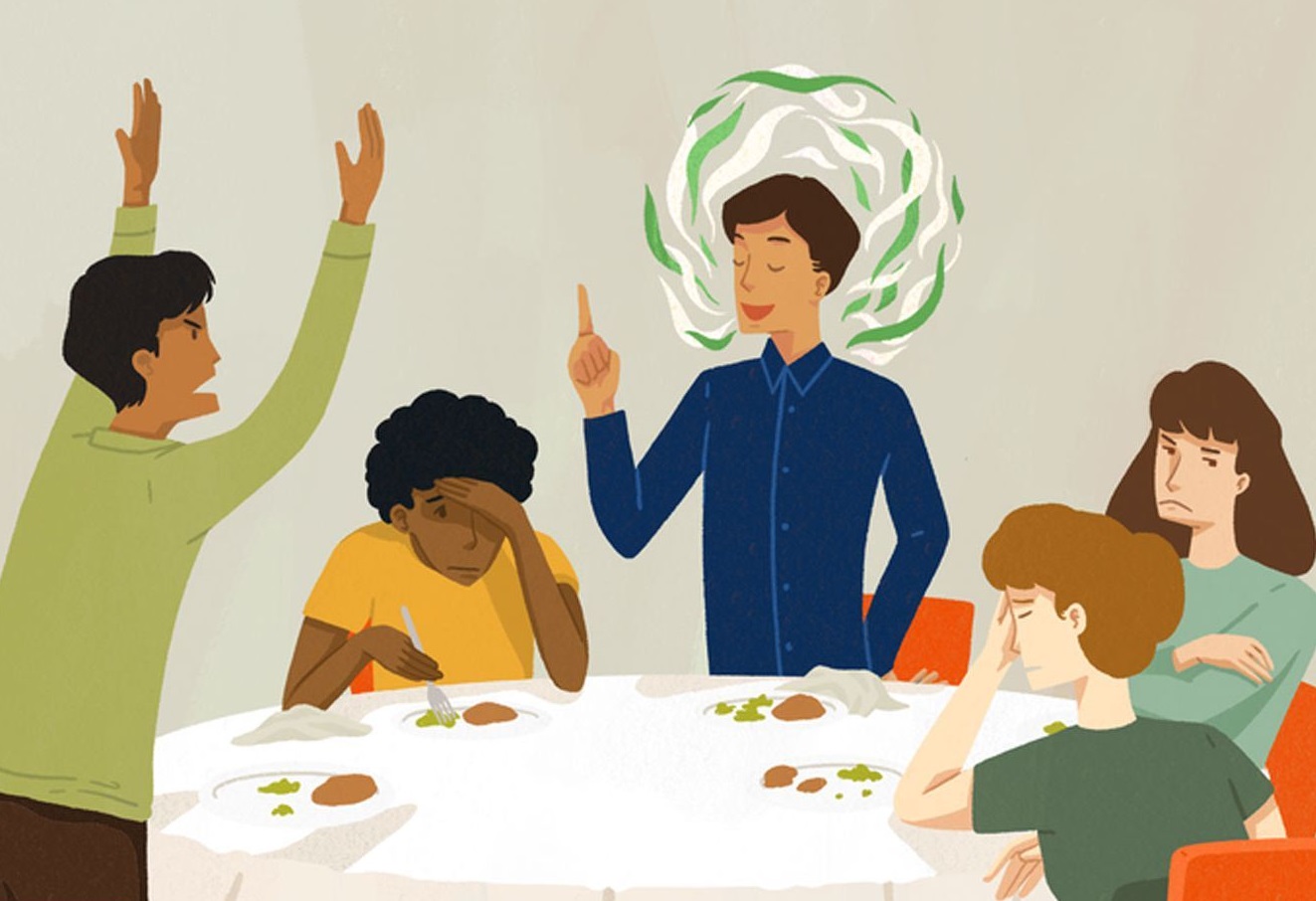Humility does not diminish us, but lifts up others who then lift us up. When we lift ourselves up, we will quickly fall!
Twenty-second Sunday in Ordinary Time – August 31, 2025
The over-riding message from the First Reading is the importance of being humble. When I read the reading, I expected the Gospel to be about the arrogant Pharisee and the Tax Collector. However, the Gospel given today is more powerful and encouraging than that text.
While the arrogant Pharisee and the Tax Collector exposes the ugliness of not being humble, today’s Gospel reveals the joy and “benefits” of being humble.
Our Second Reading provides a brief contrast between the old and new covenants: the old featured fear and separation from God, while the new covenant from Jesus, removes the separation (perceived by people), through mercy and reconciliation. Jesus encourages us to be humble, as a reflection of God’s humility revealed in the person of Jesus.
Now, the tough question: are you humble? Am I humble? What is it that we think humility is?
Well, in the Gospel, Jesus presents some simple situations to explain the deeper understanding of humility that can be applied in our situations. Humility defined by Jesus might be summed up as:
1) thinking of the needs of others: for example, when we drive on the dual lane road, do we go slowly in the fast lane and causing inconvenience (and possibly danger) to other drivers?
2) act in ways that show respect for the dignity of others: eg. if someone makes an honest mistake, do we make fun of them or say bad things? Or do we say positive words and assist them to do it better?
3) assuming that our importance does not exceed that of others around us: eg. on a bus, train or crowded waiting room, do we stand up and allow an older or sick person to sit down?
Of course, these fine words are easy to say, but much more difficult to live out: there is inside many of us a sense that we have been forgotten and that we need to promote ourselves to some extent. For example, how often do we say: me and John, instead of saying John and I? Ha, ha. It’s not easy to be humble unless we are consciously thinking about what we are doing.
This is especially true when we are younger, and explains why children often push themselves to be the centre of attention. I recall the story of a certain 5 or 6 year old girl in a beauty contest: when she didn’t win, she said very loudly in front of all the parents, “she’s not pretty, she’s a dog!” For the adults it was a struggle for many not to laugh (except the mum who was very embarrassed!); and for the little girl who won, it crushed her joy.
That is a necessary phase of development. But as we grow older, that need to be the centre of attention must reduce if we are to have a happy life and be accepted by friends: our friends also need to feel important. Someone once said, that a lack of humility is a sign of insecurity. This can be caused by difficulties during childhood and adolescence when praise of a child is neglected, and sometimes replaced by harsh and consistent criticism, which we can call emotional abuse.
If any of us are struggling with humility, it is good to reflect back on our childhood and try to understand ourselves better: this can be done through counselling or a directed retreat. The important point here is not to feel bad about our lack of humility, but to understand it: so then we can look for healing and regain our inner peace and security.
The message of Jesus is quite clear: when we focus on encouraging and empowering the well-being of people around us, we ourselves will be recognised and appreciated. The other question that we might have is this: how can I improve on being humble. I think the answer can be summed up in one word: gratitude. Br Steindl Rast wrote a wonderful book entitled: Gratitude is the Basis of All Prayer.
The more we tell ourselves that we are blessed because of all the good things in our lives, the more humble we can be, because the many blessings received are a sign of our importance and value. However, this has to be an item-by-item prayer of gratitude: listing off the many good things in our day: food, drink, bed, companions, house, friends, ability to study, my job, etc.
Most of the listed things here are ordinary, and that is the challenge: to recognise the ordinary as gift and blessing. When younger, we are naturally more pre-occupied with our looks and how other people speak about us, as we learn to appreciate ourselves. So, how do we grow?
CS Lewis says it well: “Humility is not thinking less of yourself, but thinking of yourself less.” This is why team sports are so valuable for younger people: they develop skills and learn to be proud of themselves. They also learn to praise others, and discover that the more they praise others, the more other people want to be their friend.
Humility does not deny or limit our happiness: it is one of the important pathways to becoming well loved by both loving ourselves (in a healthy sense), and receiving admiration from others. It is a critical lesson parents must teach their children:
1) to quickly restrain a child’s behaviour that promotes themselves at the expense of others;
2) to quickly admonish a child who bullies or puts down another child.
This week, I encourage each of us to reflect on how we speak about the efforts of others: as we know, God made you and God don’t make rubbish, but believe that, also, of others you meet.
By Gerard Conlan, OMI


